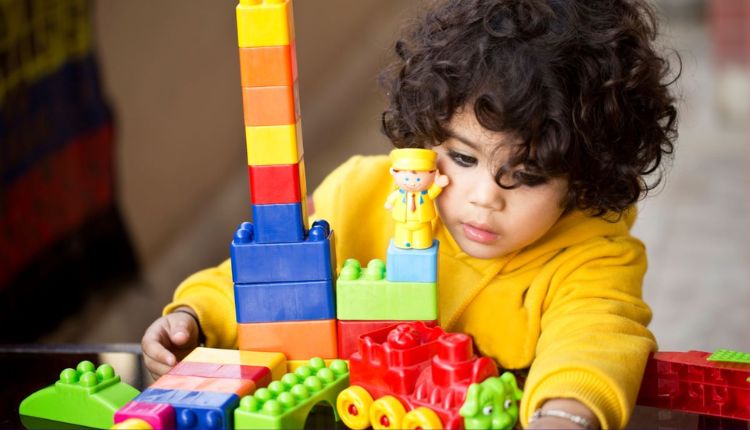Play shapes how they learn about the world and interact with others. Cultural influences and the toys children engage with can help build important skills early in life. These early experiences affect creativity, problem-solving, and emotional development. Let’s explore how culture and play with toys support healthy growth.
Cultural Influence on Early Development
Culture sets the stage for how children experience play and learning. Companies like Mattel have studied how diverse cultural stories and traditions inspire the design of toys that reflect real-world experiences. When children see their lives represented in play, it encourages a sense of belonging and identity. This representation can nurture confidence and spark curiosity.
Cultural influences also introduce children to a wider view of the world. Toys inspired by different traditions can help them appreciate new ideas and perspectives. This exposure can support empathy, teaching children to value differences and similarities. Early cultural connection strengthens social and emotional skills in a meaningful way.
Role of Play in Building Skills
Through play, they practice communication, cooperation, and creativity. It gives them a safe space to explore ideas and solve small challenges. These moments help prepare them for future learning.
Parents and educators often notice how play encourages focus and independence. Youngsters can play out events, try out different roles, and learn cause-and-effect by making mistakes. Additionally, play-based activities can improve language development and memory. These benefits work together to create a strong foundation for school readiness.
Benefits of Open-Ended Toys
Open-ended toys are powerful tools for development because they invite imagination. Blocks, dolls, and pretend play sets can help children create their own stories and conclusions. They encourage divergent thinking, problem-solving, and collaboration with others. This type of play supports mental growth while keeping playtime enjoyable.
Key benefits of open-ended playthings include:
- Building fine motor skills through hands-on use
- Encouraging cooperation during group play
- Strengthening storytelling and communication abilities
- Supporting emotional expression and creativity
These toys grow with the child, offering new ways to play at different stages. They remain relevant over time, keeping engagement high and learning continuous.
Personalized Play for Every Child
Each child learns differently, and personalized play can meet those needs. Some platforms and brands now offer ways to match toys with specific interests or developmental stages. This approach ensures that children get play experiences that challenge them appropriately without creating frustration.
Personalized care can also help children with special learning needs. Toys designed with sensory features or adaptable parts give every child a chance to enjoy meaningful play. This inclusivity helps them gain confidence and develop key social skills. When play meets a child where they are, growth feels natural and rewarding.
Connects Families Through Play
Play can strengthen bonds between children and caregivers. Shared activities create memories and teach cooperation in a positive way. Toys that encourage group participation can turn playtime into an opportunity for conversation and shared problem-solving. These moments deepen family connections and build trust.
Cultural playthings can also help families share traditions and values with children. Playing together can introduce language, music, and customs in an engaging format. This helps children feel closer to their heritage and family history. It transforms play into a bridge between generations.
Culture and play toys work together to shape how children grow and learn during their early years. As Mattel highlights, well-designed toys that reflect culture and encourage creativity can support emotional, social, and cognitive growth. Parents and caregivers who choose play experiences with these qualities can help children thrive. With the correct playthings, ordinary situations can become potent teaching moments.






